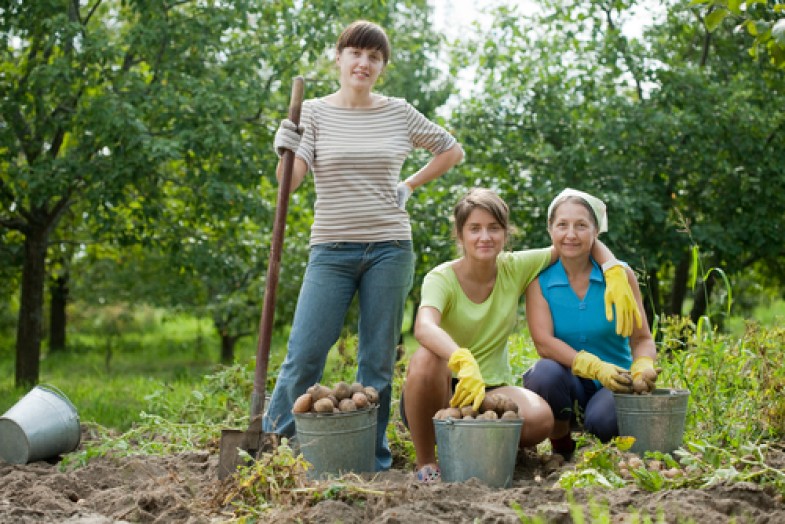“A commons arises whenever a given community decides that it wishes to manage a resource in a collective manner, with a special regard for equitable access, use and sustainability. It is a social form that has long lived in the shadows of our market culture, but which is now on the rise.” —David Bollier
Principles
- Without exception, we all belong to our community, and we each have an equal stake in what happens.
- We must recognize and repair the damage that has been done, and the inequities that have been created, by our current, market-based society.
- The things that belong to all of us must be named, claimed, defended, protected, and improved. We have a mutual responsibility to take care of these commons and pass them on to the next generation in better shape than we found them.
- We must honor our full humanity. We are not merely individuals and consumers—we are neighbors, community members, citizens, and experts on the places we live.
- We are surrounded by abundance and opportunity that the market does not recognize or value. We must see and claim this abundance for the benefit of all.
- Everyone should have the chance to participate in defining, restoring, creating, managing, leading, governing, and owning anything that is important to the future of the community.
- People most affected by critical decisions must be included in the process of making them.
- History, cultural distinctiveness and people’s personal stories are important factors in setting goals and making decisions, as well as simply understanding our community.
- Sufficiency and resilience are the opposite of the folly of growth.
To create a commons-based society people need more than exposure to new ideas; they need tangible ways of experiencing, practicing and living out these bright possibilities. To ensure the survival of the community and of our common assets, we must create new customs, understandings, systems, and structures.

